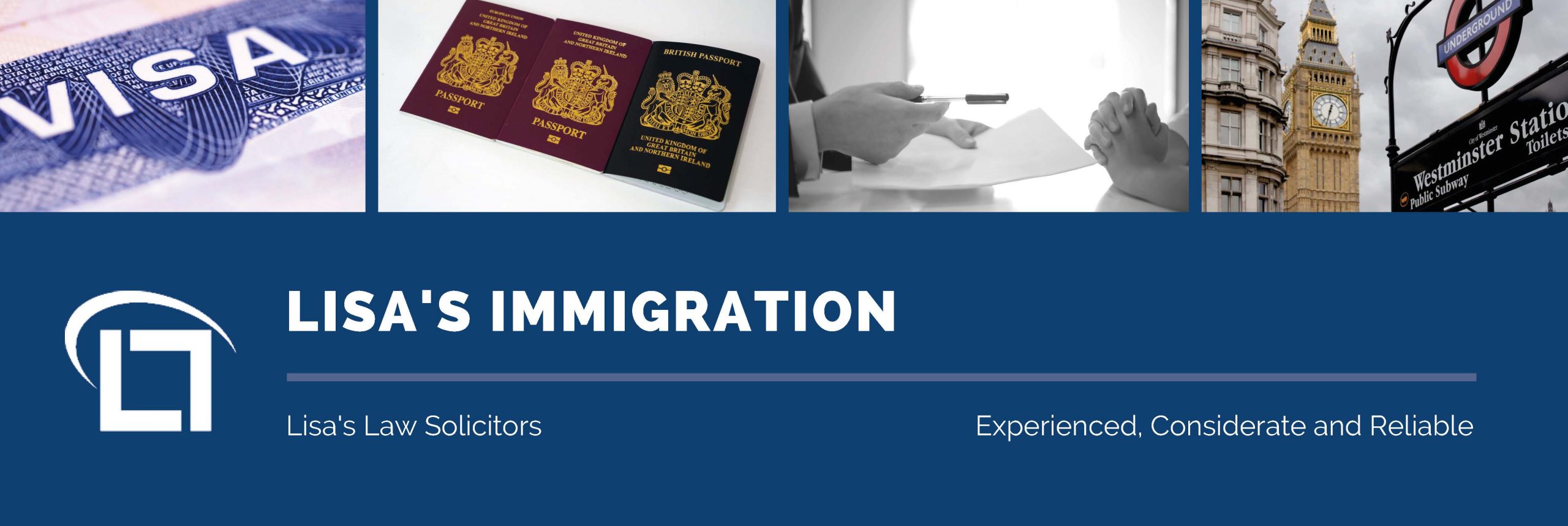When applying for naturalisation or attempting to register as a British citizen, adults and children aged ten or over must meet what is known as ‘the good character’ requirement. This is said to vet undesirables from integrating into the UK permanently by checking that the applicant has not taken part in illegal activity or ignored certain immigration laws.
Certain behaviours which will negatively affect applicant’s chances in meeting the requirements are obvious, such as:
- Having committed a serious crime in the past
- Associating with known criminals
- Being linked to any kind of terrorist organisation
- Being a persistent offender
These types of offences are clear cut and easy to understand, but where does the Home Office stand when it comes to blurrier territory relating to immigration laws?
Complying with immigration requirements
The Home Office recently updated its guidance and has focussed more on those who have been in breach of immigration rules within the last 10 years leading up to their naturalisation application.
The following behaviours will ‘normally result in refusal’ according to the latest guidance:
- Failure to comply with conditions imposed under the immigration laws, for example:
-
- Accessed public funds when prohibited from doing so.
-
- Worked in the UK without permission to do so.
-
- Studied in the UK without official permission.
Where working is concerned, some people may find it harsh that applicants will be penalised for trying to earn some money, however in the eyes of the Home Office illegal working causes damaging social and economic problems for the UK. It is to be avoided at all costs if a person is serious about being naturalising as British citizen.
- Overstaying
-
- Where a person has overstayed at some point in the 10 years prior to an application for citizenship, discretion to overlook this breach will normally only be considered if it is the only adverse factor weighing against the person’s good character. It is considered a serious issue.
-
- Certain factors will be taken into consideration by the Home Office, for example if the period without leave was not the fault of the applicant, say where it arose from a Home Office decision to refuse which is subsequently withdrawn or quashed or which the courts have required the Home Office to reconsider.
For more information of applications for overstayers, follow this link.
- Illegal Entry
-
- If an applicant entered the UK illegally, an application for citizenship will normally be refused if the illegal entry is confirmed as having occurred during the preceding 10 years.
-
- In terms of asylum seekers, where people make themselves known at the earliest opportunity to UK immigration officials, some discretion may be granted to them in their favour in certain circumstances.
-
- Refugees will normally be refused citizenship because they entered illegally and chose not to claim asylum at the first available opportunity, or only claimed after enforcement action was taken against them. This will not be looked upon kindly by the Home Office.
EEA Nationals and their family members
The above rules apply to everyone, including EEA nationals, but with EEA nationals the EEA Regulations 2016 will also be taken into account.
People who are entitled to reside in the UK under the EEA Regulations 2016 do not require leave to enter or remain as the Home Office will take into account whether the applicant was subject to the EEA Regulations 2016 or the Immigration Act 1971 and whether they complied with the relevant requirements.
It is important to remember, however, that if a person has acquired EEA rights, any breaches of other Immigration Acts will still be taken into account.
Permanent Residence Cards
If an EEA or Swiss national or their family member has a permanent residence card, the Home Office will likely accept that they complied with immigration requirements in the UK for the 5-year period before it was issued, and the period since then. This is provided they have not lost their permanent residence, for example by being out of the UK for more than 2 years.
Comprehensive Sickness Insurance
Comprehensive sickness insurance is a form of medical health insurance required across the EU.
The UK Home Office defines comprehensive sickness insurance as ‘any form of insurance that will cover the costs of the majority of medical treatment’ in the UK.
Comprehensive Sickness Insurance (CSI) is a legal requirement for EEA and Swiss students, self-sufficient persons and their family members who are residing in the UK with them. If an applicant does not have CSI, the Home Office will take this into consideration with dealing with the person’s application and it is possible to be refused due to the lack of it.
How can Lisa’s Law help?
Our immigration team are experts in this area and are able to provide advice and guidance in relation to naturalisation and registration applications, ensuring the highest chance of success. If you are interested in making an application but find yourself worrying about your immigration history, conduct or any other matter, Lisa’s Law is here for you!
Get in touch on 020 7928 0276 or email info@lisaslaw.co.uk and one of our lawyers will be happy to assist you and put your mind at ease.
Or, why not download our free app today? You can launch a new enquiry, scan over documents and much more.
If you have an iPhone, follow this link to download.
If you use an Android phone, follow this link to download.
Find the link here if you need some further instructions on how to use our new app!
Also, you can find the complete government guidance of the Good Character requirements here.





I don’t think the title of your article matches the content lol. Just kidding, mainly because I had some doubts after reading the article.
I don’t think the title of your article matches the content lol. Just kidding, mainly because I had some doubts after reading the article.